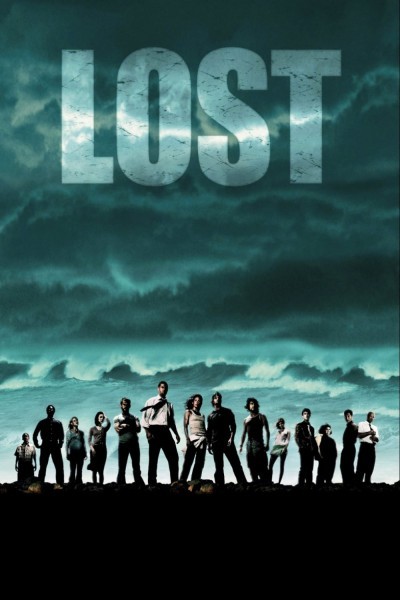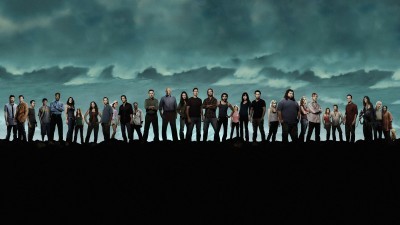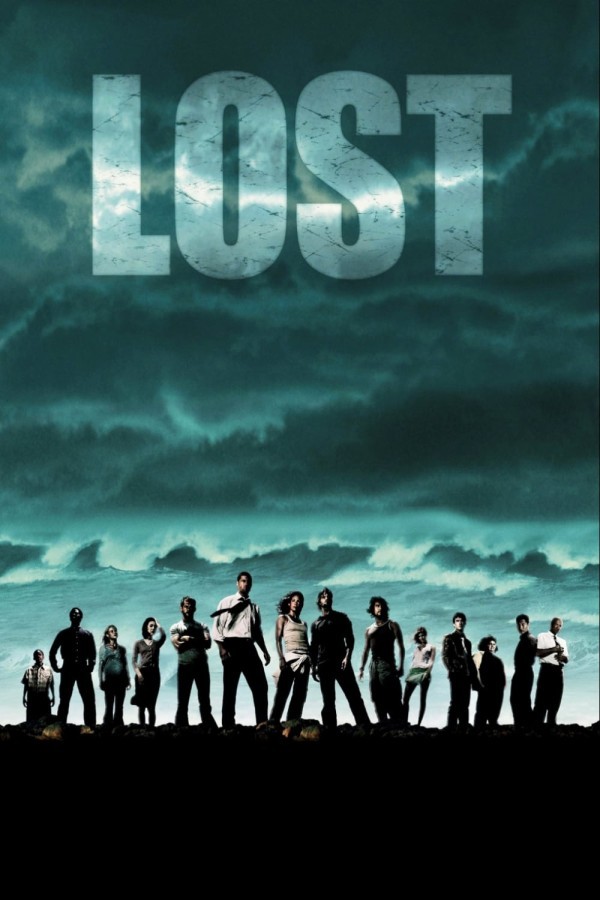John Locke emerges from a past fraught with disappointment and betrayal, like a phoenix rising from the ashes, as he navigates the complexities of existence on a mysterious island. Born on May 30, 1956, in Los Angeles, his early life was marred by the shadows of abandonment and neglect. Cast into various foster homes, he grappled with feelings of rejection, particularly stemming from a tumultuous relationship with his father, who betrayed him in the cruelest fashion. An injury at his father's hands left him paraplegic, and he spent years bound to a wheelchair—a symbol of the limitations placed upon him by both his past and fate.
Yet, upon crashing on the island, Locke discovered a miraculous return to the use of his legs, igniting a fierce belief that the island held deeper meanings and a purpose for him. As a masterful hunter and philosophical leader, he fervently advocated for the island's power, in stark contrast to the rational views of his rival, Jack Shephard. Locke's commitment to his beliefs often led to conflicts and betrayals, including his tragic end at the hands of Benjamin Linus, a once-mentor turned adversary.
This paradox of faith and isolated despair weaves through Locke’s narrative, creating a rich tapestry of complex relationships and inner struggles in a relentless search for identity and belonging.






 Hulu
Hulu Amazon Video
Amazon Video Fandango At Home
Fandango At Home Freevee
Freevee Apple TV
Apple TV Google Play Movies
Google Play Movies